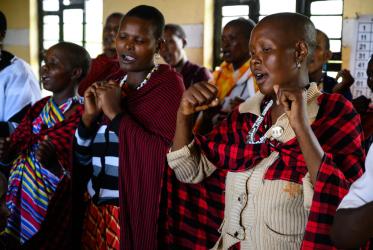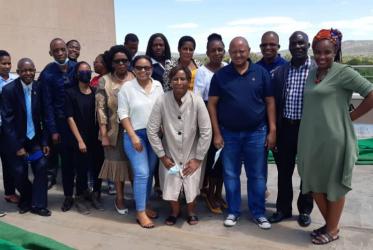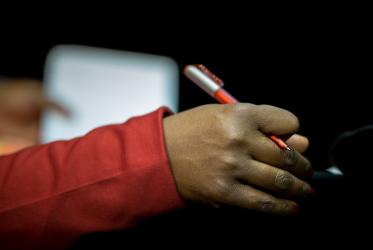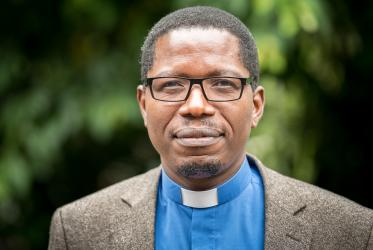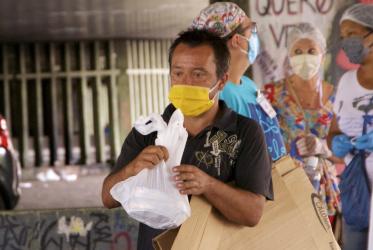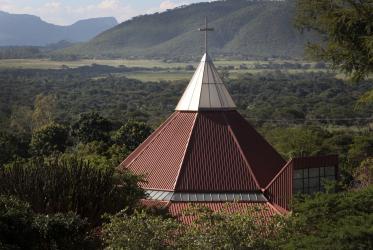Displaying 1 - 20 of 112
17 April 2024
Faith Actors Reflect on Their Role in Reaching HIV Goals at ICASA
21 December 2023
“Gathering in Grief” mourns Rev. Phumzile Mabizela
07 July 2021






